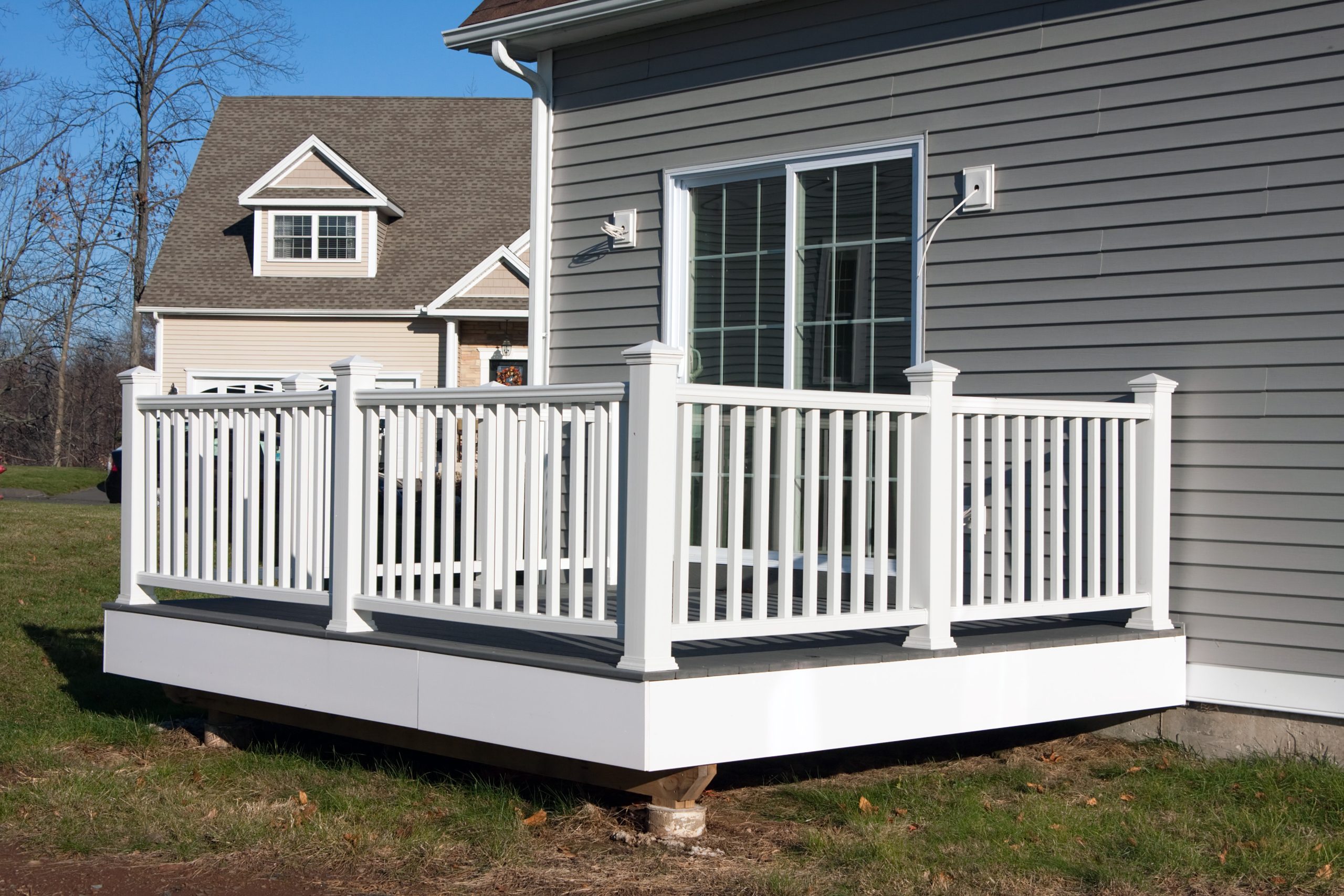CALL FOR FREE ESTIMATE
(636) 699-0449
Siding Solutions: Tips for Enhancing Durability and Energy Efficiency

As a homeowner, one of the most significant investments you can make in your property is ensuring its durability and energy efficiency. When it comes to protecting your home from the elements and reducing energy costs, the choice of siding plays a crucial role. With a myriad of options available in the market, selecting the right siding material can be overwhelming.
Vinyl Siding
Vinyl siding is one of the most popular choices for homeowners due to its affordability, low maintenance requirements, and versatility. When it comes to durability, vinyl siding is known for its resistance to rot, moisture, and insects, making it a long-lasting option for your home. Additionally, advancements in manufacturing techniques have improved the energy efficiency of vinyl siding, with options available that offer enhanced insulation properties.
Tip: Look for insulated vinyl siding options with built-in foam backing to improve thermal performance and reduce energy costs.
Fiber Cement Siding
Fiber cement siding has gained popularity in recent years for its durability and aesthetic appeal. Made from a mixture of cement, sand, and cellulose fibers, fiber cement siding offers excellent resistance to fire, insects, and rot. It’s also known for its low maintenance requirements and ability to withstand harsh weather conditions, making it an ideal choice for homeowners seeking long-term durability.
In terms of energy efficiency, fiber cement siding provides a solid thermal barrier for your home, helping to regulate indoor temperatures and reduce heating and cooling costs. While it may not offer the same level of insulation as some other materials, fiber cement siding can be paired with additional insulation options to enhance its energy-saving properties.
Tip: Consider adding rigid foam insulation panels beneath fiber cement siding to improve its energy efficiency and thermal performance.
Wood Siding
Wood siding has a timeless appeal and adds warmth and character to any home. While traditional wood siding requires regular maintenance to prevent rot, decay, and insect infestation, newer engineered wood siding options offer improved durability and longevity. Engineered wood siding is treated with preservatives and coatings to enhance its resistance to moisture, insects, and fungal growth, making it a more durable choice for homeowners.
In terms of energy efficiency, wood siding provides natural insulation properties, helping to regulate indoor temperatures and reduce energy consumption. However, it’s essential to properly seal and maintain wood siding to prevent air leakage and maximize its energy-saving potential.
Tip: Opt for engineered wood siding options with factory-applied finishes and treatments for enhanced durability and protection against the elements.
Metal Siding
Metal siding, such as steel or aluminum, is renowned for its durability and low maintenance requirements. Metal siding is resistant to rot, insect damage, and fire, making it an excellent choice for homeowners seeking a long-lasting siding solution. Additionally, metal siding is highly weather-resistant and can withstand extreme temperatures, making it suitable for various climates.
In terms of energy efficiency, metal siding reflects solar heat away from the home, helping to reduce cooling costs in hot climates. While it may not provide as much insulation as other materials, metal siding can be paired with insulation options such as foam boards or reflective barriers to improve its energy-saving properties.
Tip: Choose metal siding with a reflective finish to maximize its energy efficiency and reduce heat absorption.
Composite Siding
Composite siding, also known as engineered wood siding, combines wood fibers and resin to create a durable and low-maintenance siding option. Composite siding offers the aesthetic appeal of natural wood with enhanced durability and resistance to moisture, insects, and rot. It’s available in a variety of styles and finishes, making it a versatile choice for homeowners.
In terms of energy efficiency, composite siding provides natural insulation properties, helping to regulate indoor temperatures and reduce energy costs. Additionally, some composite siding options come with built-in insulation or can be paired with additional insulation materials to further improve energy efficiency.
Tip: Choose composite siding options with integrated insulation for maximum energy savings and thermal performance.
In conclusion, selecting the right siding material is essential for enhancing the durability and energy efficiency of your home. Whether you choose vinyl, fiber cement, wood, metal, or composite siding, each option offers unique benefits in terms of durability, maintenance, and energy savings. By considering factors such as climate, budget, and aesthetic preferences, you can choose a siding solution that not only protects your home but also improves its overall efficiency and comfort.
Call or text us at (636) 699-0449 for a free inspection. Follow us on Facebook, Instagram, Twitter, and LinkedIn, and feel free to connect directly.
Contact us today
When it comes to any roofing job in the St. Charles County Area, there’s only one obvious choice – Second To None Exteriors!
We’re excited to work with you. Fill out the quick form below and we’ll get back to you momentarily!


